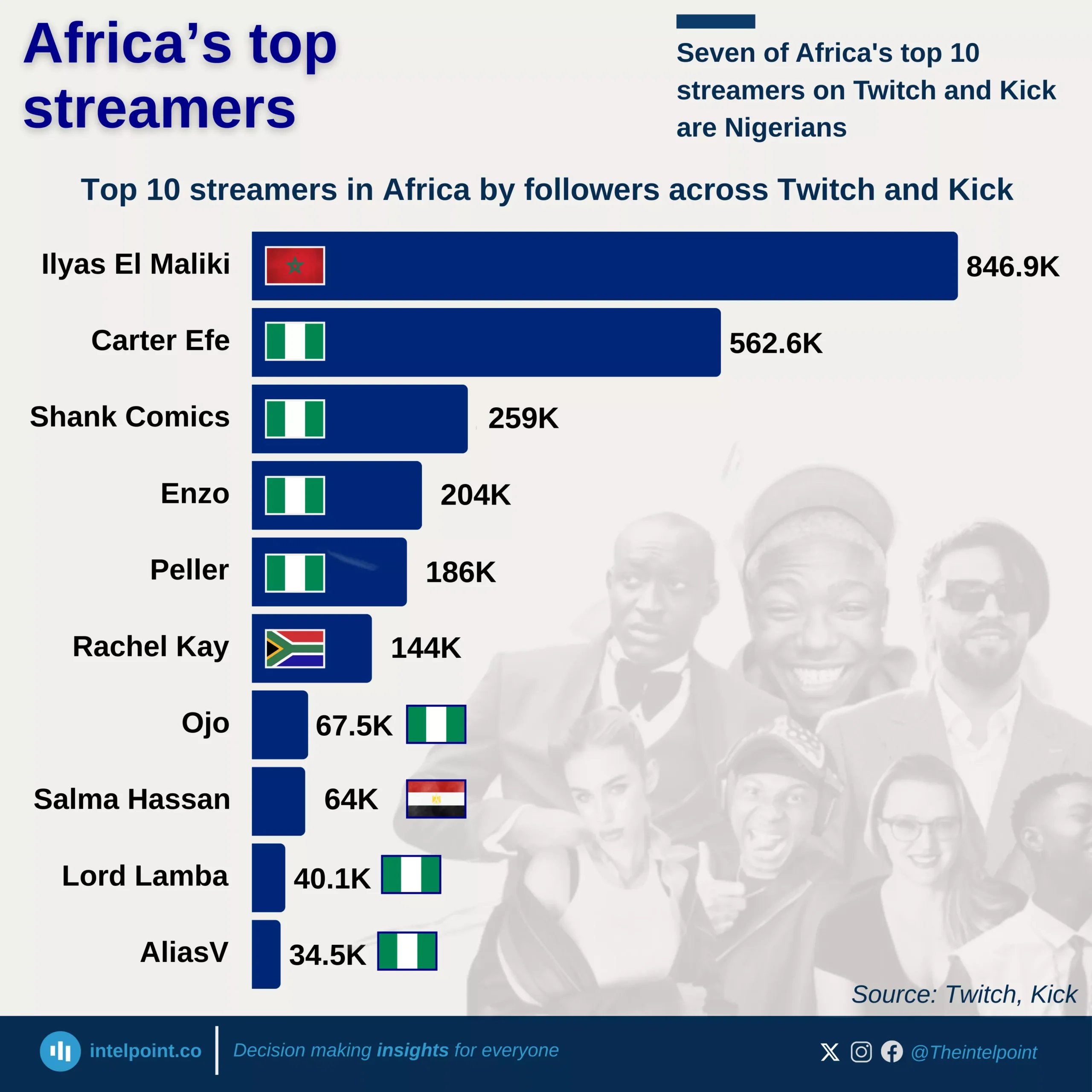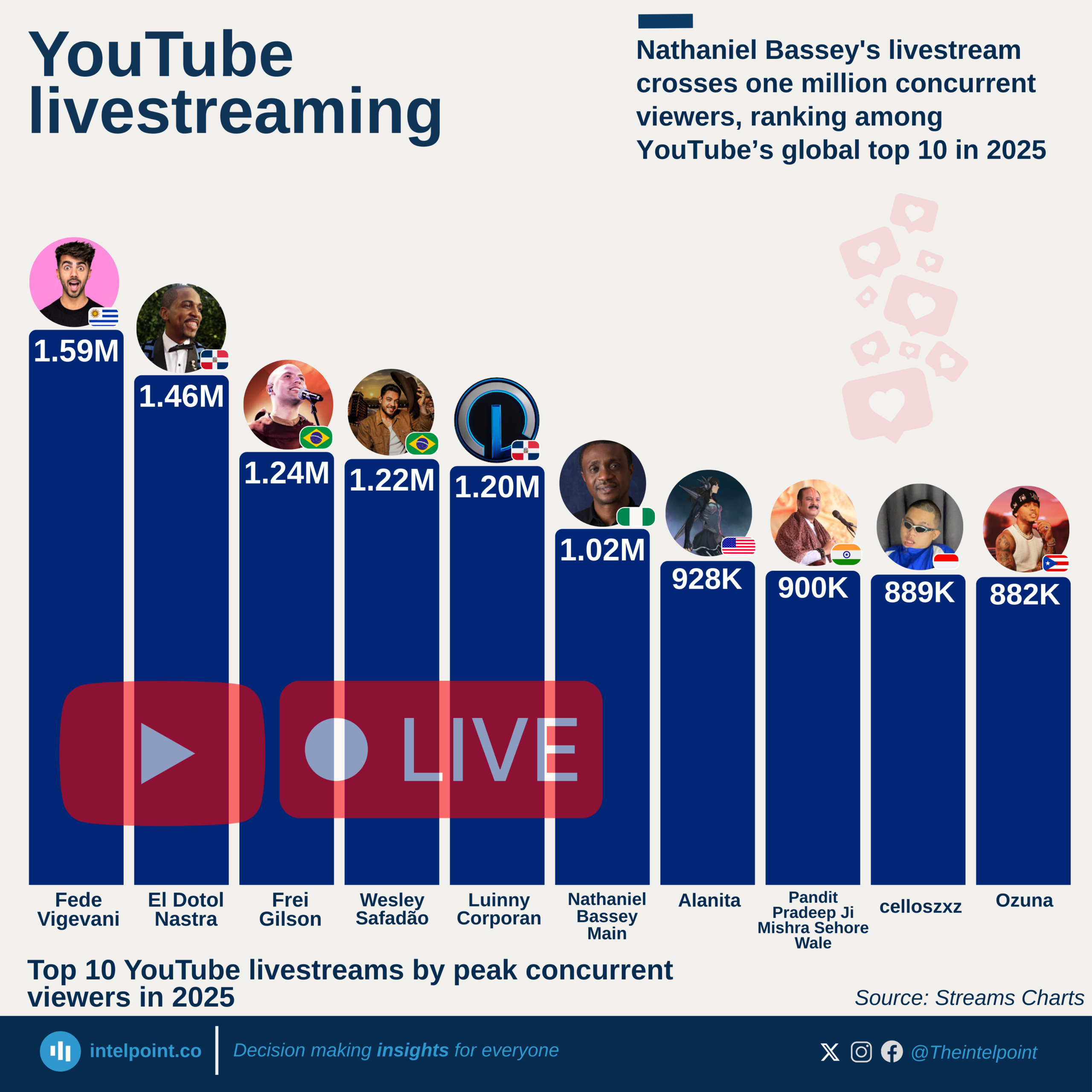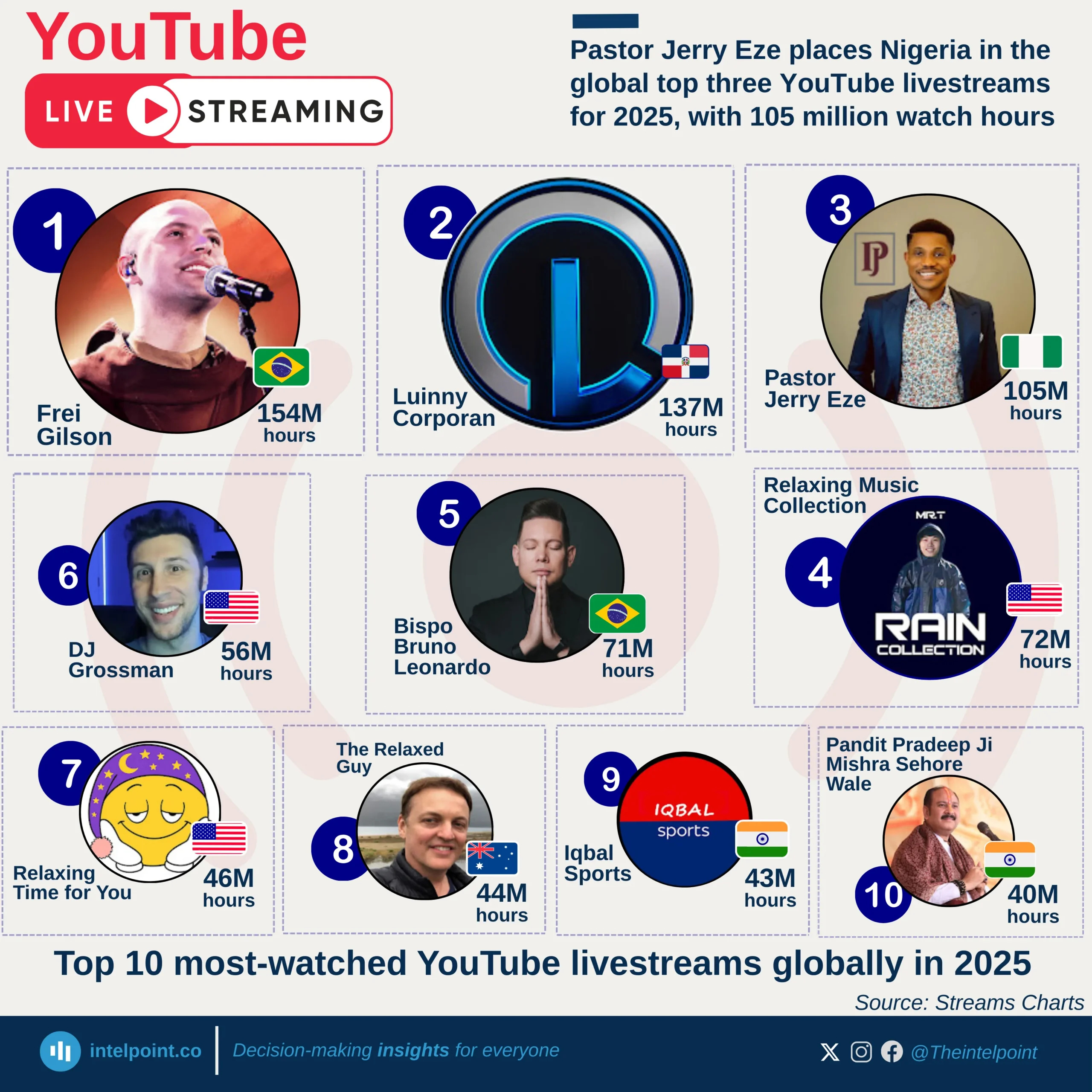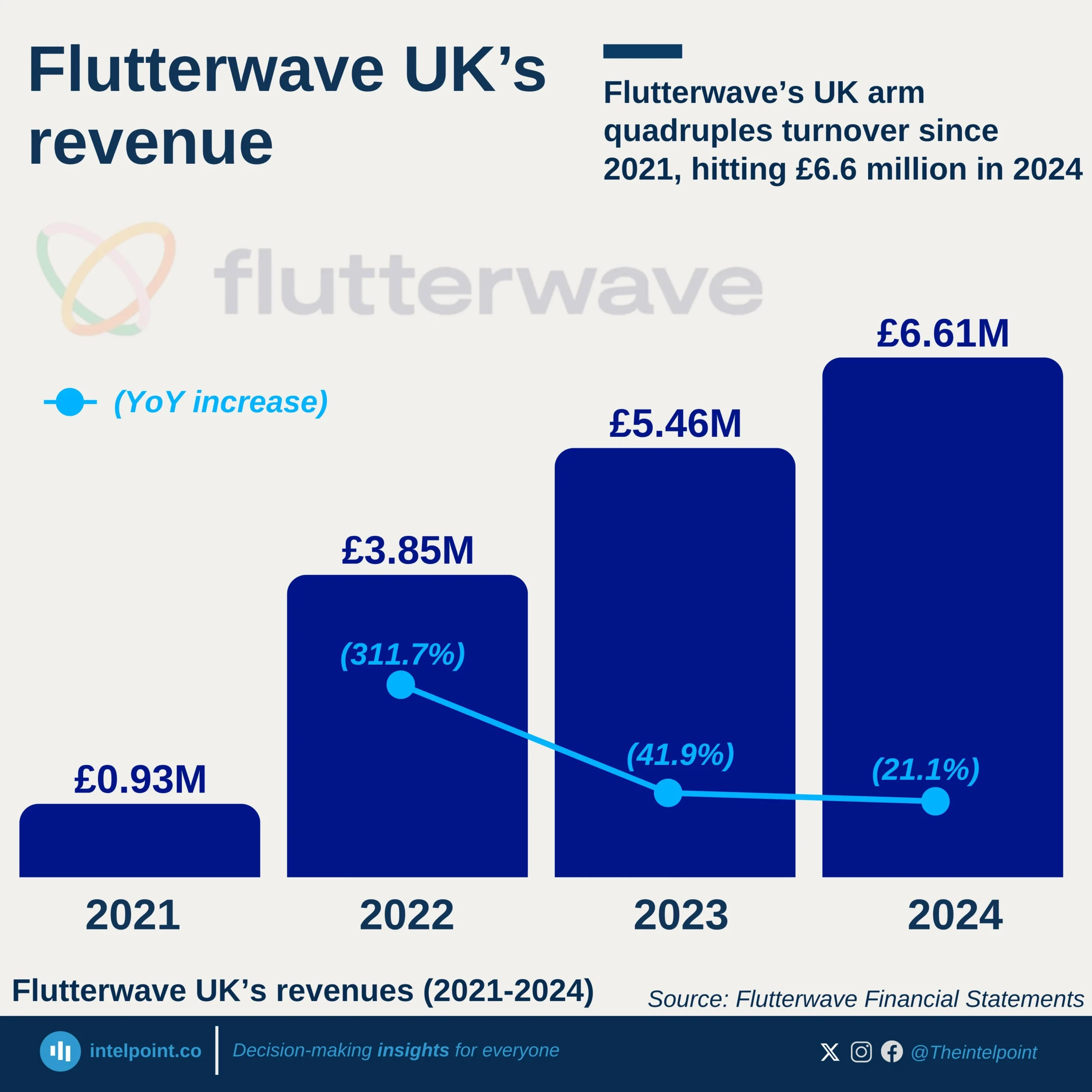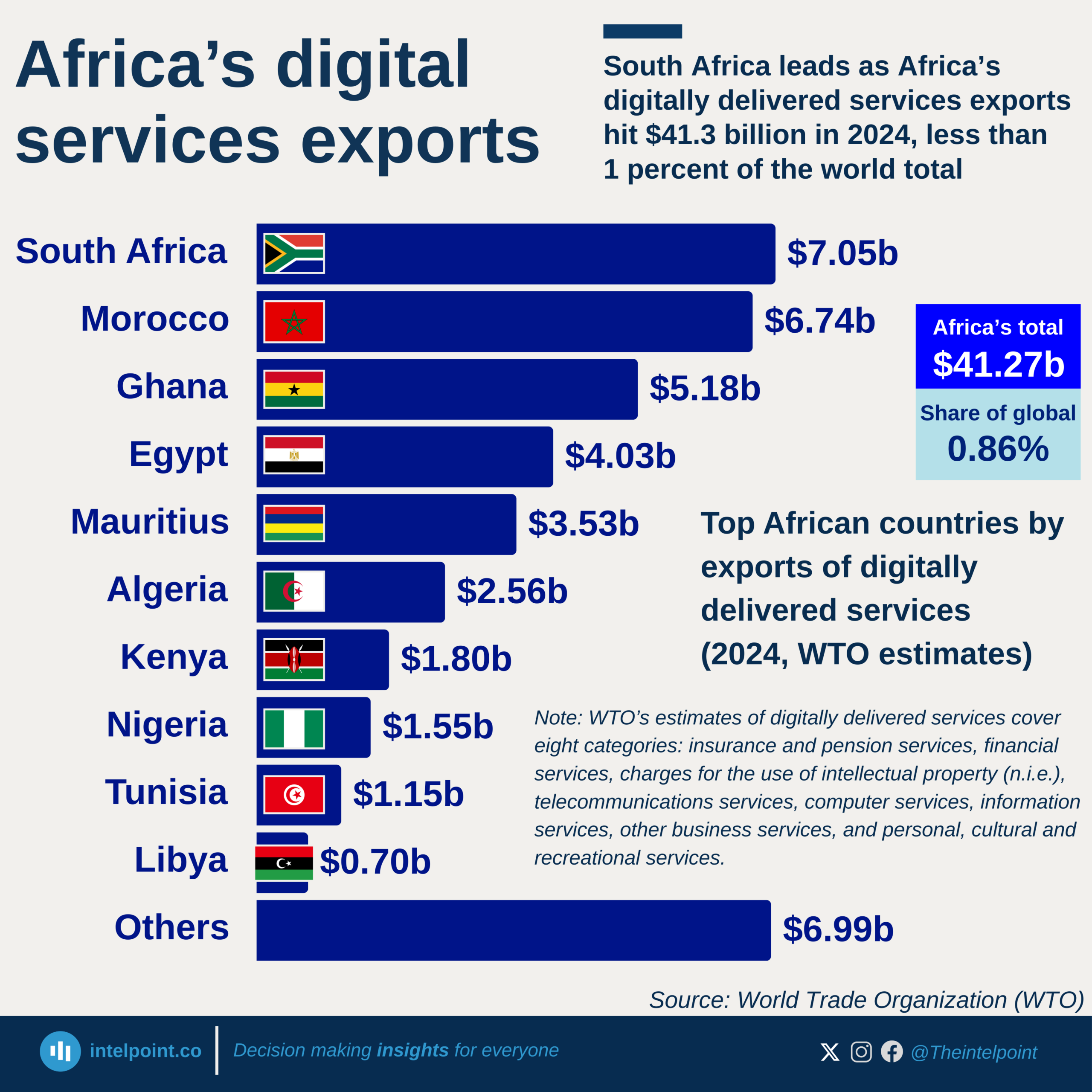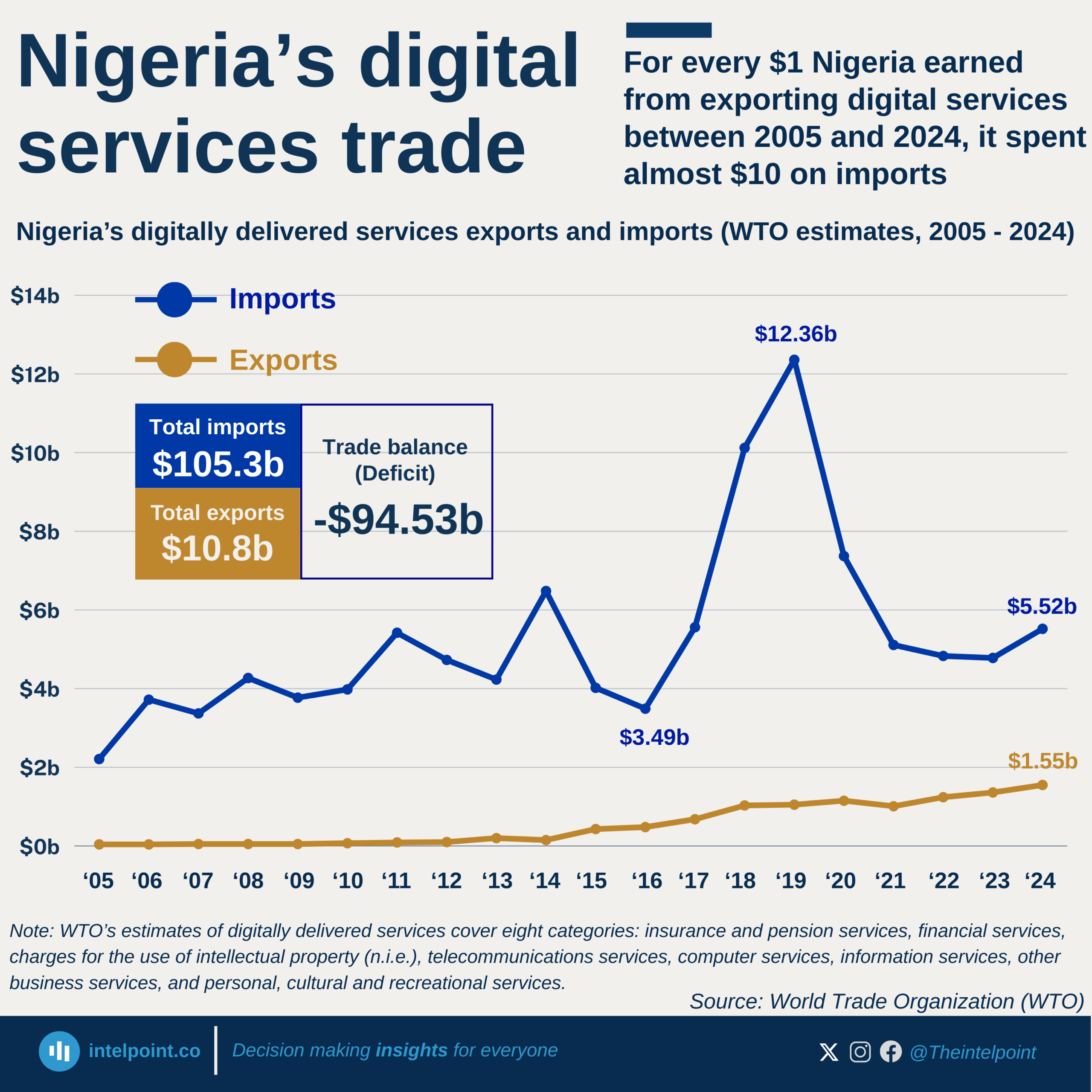English language leads as the language for website content globally, accounting for more than eight times that of the next closest language, Spanish (6.00%). The combined share of the next three languages (Spanish, German, and Japanese) only adds up to 16.6%, reinforcing the massive lead that English holds in global website communication. This dominance shows why English proficiency remains an essential skill for accessing and distributing information on a global scale.
This has implications for content creators, businesses, and digital marketers across the globe. For instance, a startup in Beijing or São Paulo aiming for international reach will likely prioritise English for their web presence, even if it's not their native language.
